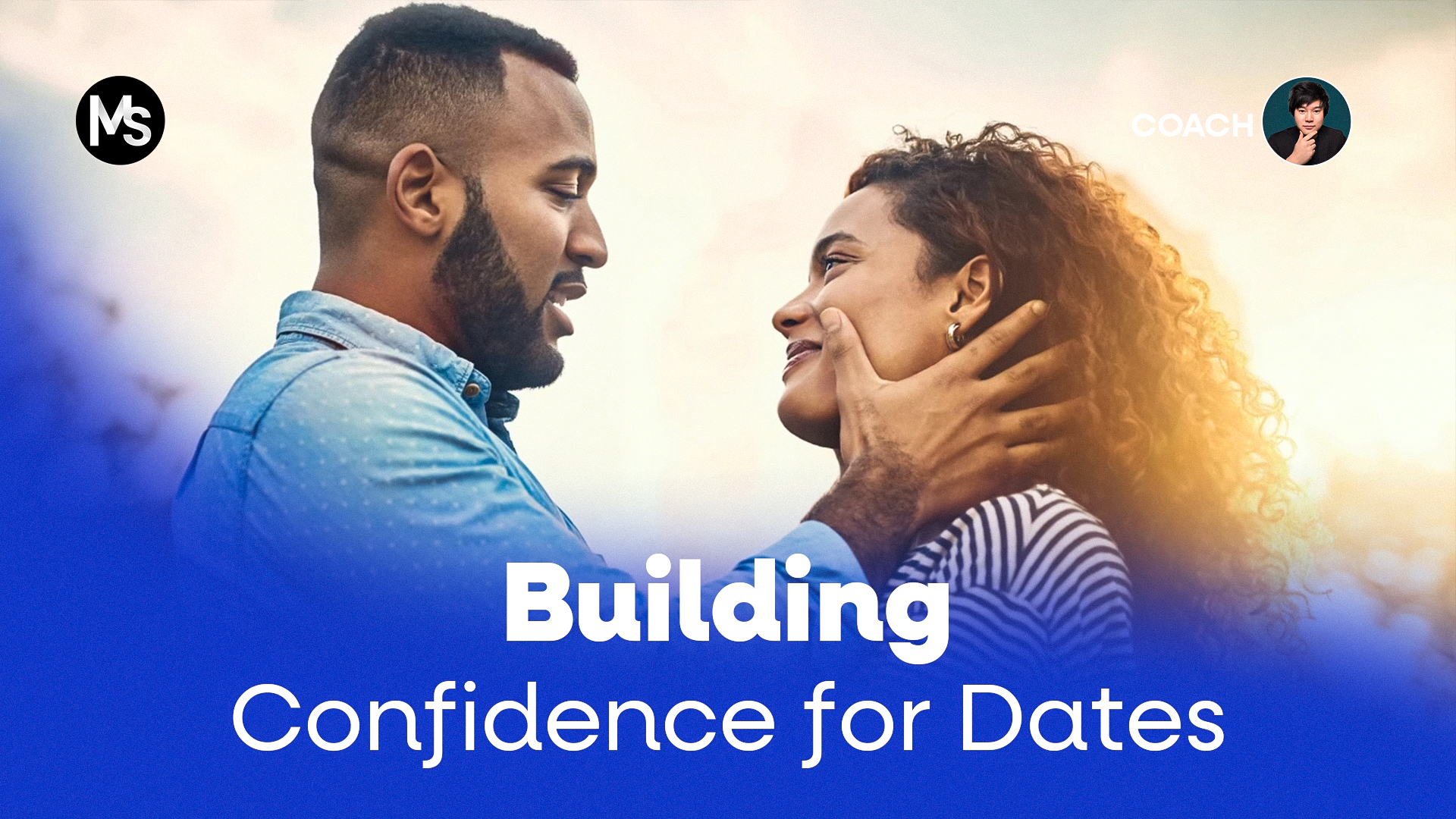How to Become Friends With Women
Friendships with women can be some of the most rewarding relationships you’ll ever have. They offer fresh viewpoints, emotional depth, and richer social experiences. Yet many men feel uncertain about how to initiate and nurture platonic bonds without sending mixed signals. Let’s dig into actionable steps that make the process feel less like rocket science and more like a natural extension of human connection.
Why Friendship With Women Matters
Broadening Perspectives
Interacting with people who have different life experiences broadens your worldview. Women often navigate society through a lens shaped by unique challenges and insights. Befriending them helps you see beyond your own bubble.
Breaking Gender Stereotypes
The more authentic friendships exist across genders, the faster outdated stereotypes crumble. When others witness genuine camaraderie between men and women, it normalizes the idea that platonic intimacy is both possible and healthy.
Understanding the Foundations of Platonic Friendship
Mutual Respect
Respect is the bedrock. That means valuing her opinions, honoring her boundaries, and accepting her as an equal—simple, right? Yet it’s amazing how often this step gets skipped.
Healthy Boundaries
Boundaries are not walls; they’re guardrails. They keep the friendship safe, comfortable, and drama‑free. Ask questions like, “Is this topic okay to discuss?” or “Would you prefer we hang out in a group?”
Preparing Yourself First
Assess Your Intentions
Before saying a single word, examine why you want this friendship. If hidden romance is lurking, be honest with yourself. Friendships built on ulterior motives tend to implode.
Develop Emotional Intelligence
Active Listening
Listening isn’t just waiting your turn to talk. It involves eye contact, nodding, and reflecting back what she said. This fosters trust quickly.
Empathy in Action
Empathy means imagining how she feels and responding accordingly. If she’s venting about work, don’t jump into “fix‑it” mode. Sometimes a sympathetic “That sounds rough—want to grab coffee and decompress?” is perfect.
Cultivate Shared Interests
Common ground fast‑tracks connection. Join mixed‑gender hobby groups—think co‑ed sports, book clubs, or volunteer projects. Shared experiences create natural talking points.
Starting Conversations Naturally
Approaching Without Pressure
Walk up with a friendly smile and casual opener related to the setting: “Hey, that latte art looks amazing—does this café always nail it?” You’re commenting on your environment, not her appearance, which feels safer.
Balancing Humor and Respect
Humor lightens tension, but steer clear of jokes that punch down. A playful quip about the endless coffee line is fine; a crude joke is not. Aim for laughter, not cringe.
Building Trust Over Time
Consistent Communication
Drop a text checking in after a hangout: “Had fun chatting about travel hacks. Let me know if you find cheap flights!” Frequency should feel organic—neither ghosting nor bombarding.
Social Media Dynamics
React to her stories with genuine interest, not heart‑eye emojis. A “That recipe looks delicious—did it turn out as good as it looks?” keeps things platonic.
Being Dependable
Reliability speaks volumes. If you say you’ll help move a couch at 10 AM, show up at 9:55 AM. Little actions outshine grand promises.
Navigating Boundaries Gracefully
Recognizing Romantic Feelings Early
Feel sparks? Acknowledge them privately. If they persist, decide whether to confess or recalibrate. Ignoring feelings breeds tension.
Respecting Her Space
Friendships breathe when each person has a life outside the relationship. Celebrate her solo adventures instead of guilt‑tripping her for not inviting you.
Group Settings and Mutual Friends
Leveraging Existing Circles
Mutual friends create built‑in trust. Suggest group hikes or board‑game nights where everyone mingles. The stakes feel lower, and rapport grows organically.
Hosting Inclusive Events
Organize gatherings that welcome diverse friends—potlucks, trivia nights, or charity runs. Being the connector positions you as supportive and considerate.
Conflict Resolution
Addressing Misunderstandings Quickly
If a comment lands wrong, speak up promptly: “I noticed you got quiet after my joke—did it bother you? If so, I’m sorry.” Small issues stay small when addressed early.
Apologizing Effectively
Skip defensive phrases like “I’m sorry if you were offended.” Own it: “I’m sorry I interrupted you. I’ll do better.”
Celebrating Milestones Together
Birthdays and Achievements
Remember important dates. A handwritten note or a playlist curated just for her can mean more than expensive gifts.
Supporting During Hard Times
Sometimes support looks like bringing soup when she’s sick; other times it’s just sitting in silence when words fail. Ask what helps.
Encouraging Growth in the Friendship
Trying New Activities
Take a pottery class or attend a language exchange. Novel experiences deepen bonds and create inside jokes.
Sharing Personal Goals
Discuss ambitions: “I’m training for a 10K.” She might say, “I’ve wanted to try that!” Boom—instant training partners.
Maintaining Long‑Term Platonic Bonds
Regular Check‑Ins
Schedule monthly coffee catch‑ups. Put them on the calendar like any priority.
Evolving With Life Changes
Jobs, partners, or cities may change, but communication styles can adapt. Celebrate new chapters rather than seeing them as threats.
Conclusion
Becoming friends with women isn’t about memorizing tricks or pretending to be someone you’re not. It’s about genuine respect, shared experiences, and consistent care—exactly what solid friendships of any kind require. Treat a prospective female friend as a whole person, not a puzzle to solve. When intentions are clear and boundaries honored, the friendship can flourish for years.
FAQs
Can men and women really stay “just friends”?
Yes—when both parties value platonic connection and maintain clear boundaries, lifelong friendships thrive without romantic complications.
What if I start developing feelings?
Acknowledge them privately first. If they linger, have an honest conversation. Transparency prevents resentment.
Is it okay to compliment her appearance?
Occasional respectful compliments are fine, but prioritize praising qualities and achievements to avoid objectification.
How often should we hang out?
There’s no universal rule. Let frequency evolve naturally based on mutual availability and interest.








